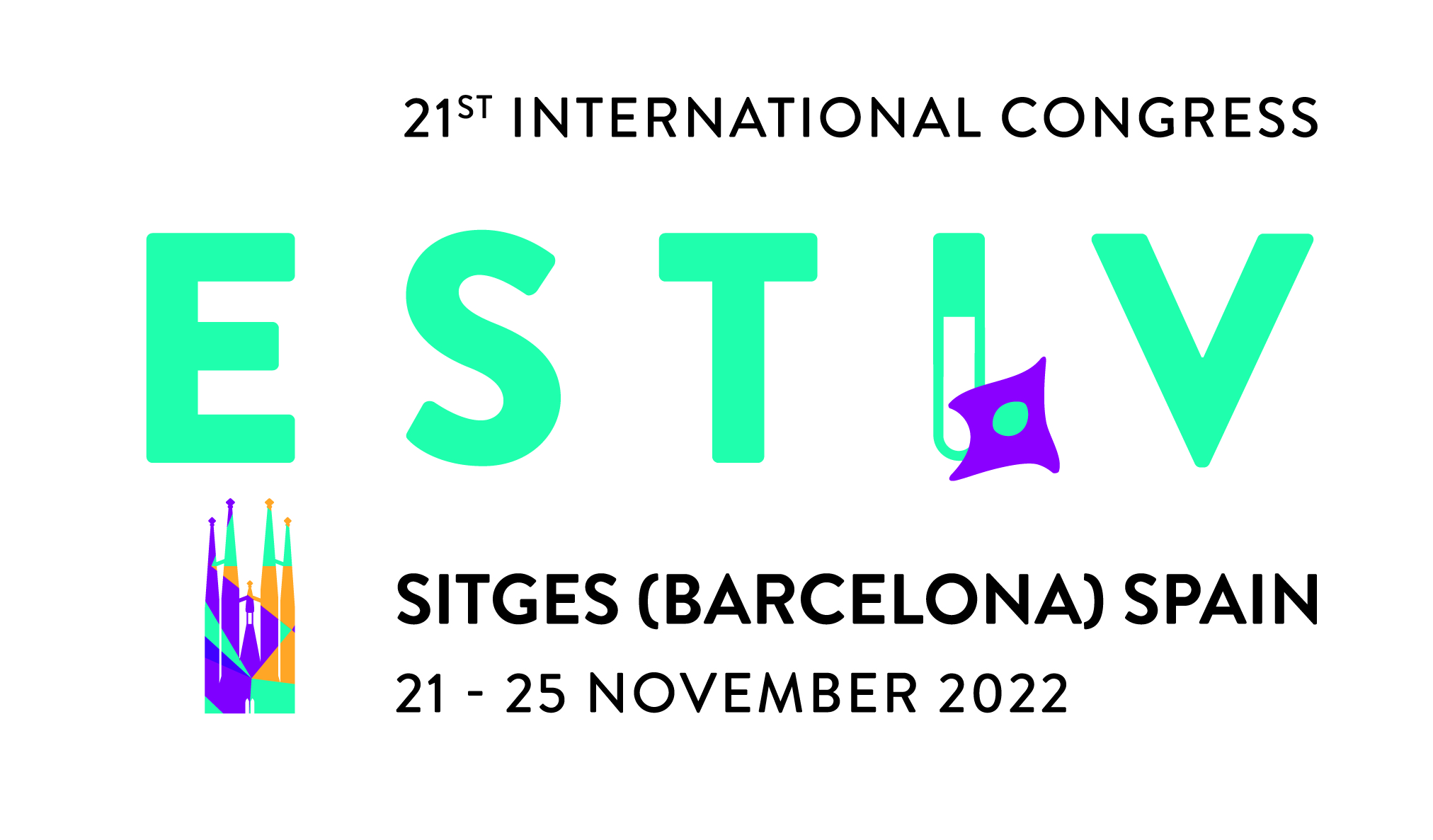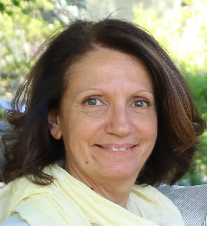
Name: Prof. Emanuela Corsini, PhD
Emanuela Corsini is a tenured full professor in toxicology at the School of Pharmacy at the Università degli Studi di Milano, Milan, Italy. Her research focuses on the refinement of alternative in vitro tests for immunotoxicity, promoting the regulatory acceptance of alternative methods, and understanding the mechanism of action of immunotoxic/immunomodulatory compounds at the molecular level. Dr. Corsini has served on multiple ECVAM and ICCVAM Panels and Working groups to establish scientific confidence in alternative methods in immunotoxicology testing, performance standards for these novel assays, and the development of integrated testing strategies for their use as part of comprehensive and predictive assessments. She has authored over 190 research publications in toxicology and related disciplines. She is active in numerous scientific and professional organizations and serves on several editorial boards of toxicology journals.
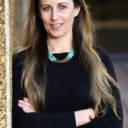
Name: Nicole C. Kleinstreuer, PhD
Nicole Kleinstreuer is the acting director of the NTP Interagency Center for the Evaluation of Alternative Toxicological Methods (NICEATM), leading domestic and international efforts to develop novel testing and analysis strategies that provide more rapid, mechanistic, and human-relevant predictions of potential environmental chemical hazards. She has a secondary appointment in the NIEHS Division of Intramural Research Biostatistics and Computational Biology Branch, and adjunct faculty positions in the Yale School of Public Health and the Eshelman School of Pharmacy at UNC-CH. Kleinstreuer’s research focuses on mathematical and computational modeling of biological systems and their susceptibility to perturbations that result in adverse health outcomes. She is the recipient of numerous prestigious awards including the 2019 Society of Toxicology Achievement Award.
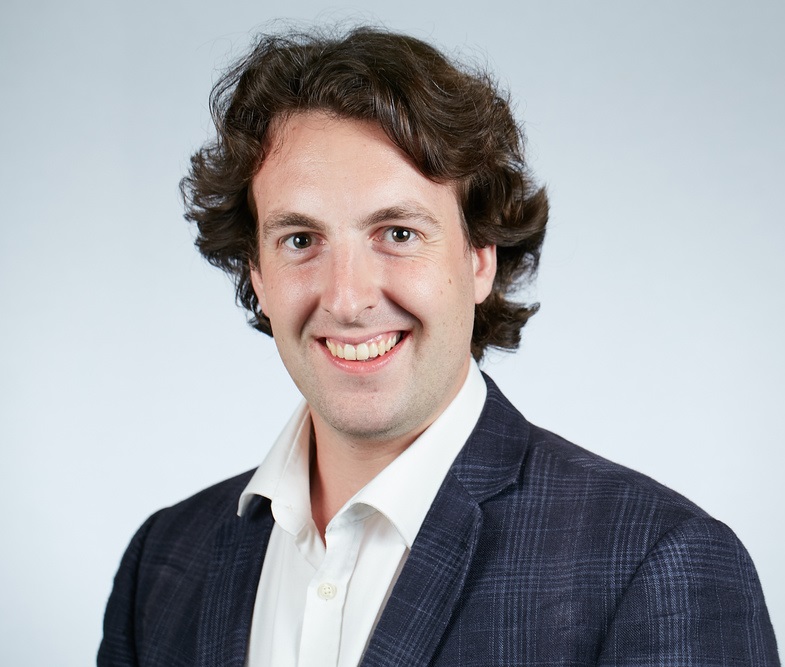
Name: Tim Allen, PhD
Tim Allen is a Research Associate at the MRC Toxicology Unit, University of Cambridge. He completed his PhD in 2016 on Molecular Initiating Events (MIEs) and how computational methods can be used to predict them in the group of Professor Jonathan Goodman at the Department of Chemistry in Cambridge. Since then he has undertaken post-doctoral work in the Department of Chemistry in Cambridge and at the United States Environmental Protection Agency in North Carolina. This has included work using quantum chemistry density functional theory calculations to predict the mutagenicity of alpha-beta unsaturated carbonyls and understand their reactions with DNA, using 3D Quantitative Structure Activity Relationships to quantitatively predict MIEs and explore the chemical-biological interactions in several cases, and developing in-house computational tools for use by his industrial partners at Unilever’s Safety and Environmental Assurance Centre for use in safety decision making. Tim has also served as a member of ILSI Europe’s expert group on the application of Adverse Outcome Pathways (AOPs) in food ingredient risk assessment and has presented his research at over 20 national and international conferences. In 2019 Tim moved to the MRC Toxicology Unit to continue his work in predictive toxicology, including new investigations into how we can use and understand state-of-the-art machine learning approaches such as deep learning neural networks.

Name: Prof. Thomas Hartung
Thomas Hartung, MD PhD, is the Doerenkamp-Zbinden-Chair for Evidence-based Toxicology with a joint appointment for Molecular Microbiology and Immunology at Johns Hopkins Bloomberg School of Public Health, Baltimore. He holds a joint appointment as Professor for Pharmacology and Toxicology at University of Konstanz, Germany; he also is Director of Centers for Alternatives to Animal Testing (CAAT, http://caat.jhsph.edu) of both universities with the portal AltWeb (http://altweb.jhsph.edu). CAAT hosts the secretariat of the Evidence-based Toxicology Collaboration (http://www.ebtox.com), the Good Read-Across Practice Collaboration, the Good Cell Culture Practice Collaboration, the Green Toxicology Collaboration, and the Industry Refinement Working Group. As PI, he heads the Human Toxome project (http://humantoxome.com), funded as an NIH Transformative Research Grant. He is the former Head of the European Commission’s Center for the Validation of Alternative Methods (ECVAM), Ispra, Italy, and has authored more than 490 scientific publications.
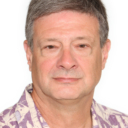
Name: Dr Thomas Knudsen
Thomas Knudsen is a Developmental Systems Biologist at the US EPA National Center for Computational Toxicology and Exposure, where he is a lead in the Virtual Tissue Models project. His research on prenatal developmental toxicity and systems biology has led to over 150 scientific papers. Current research is focused on building and testing a ‘virtual embryo’ framework for predictive modeling of developmental toxicity. This entails integration of in-vitro data from HTS (high-throughput screening) profiling in ToxCast/Tox21 with biological knowledge of in-vivo embryology and in-silico cell agent-based models for synthetic reconstructing morphogenesis, leading to a quantitative prediction of chemical dysmorphogenesis. Dr. Knudsen is a Past-President of the Teratology Society, Former Editor-in-Chief of Reproductive Toxicology, and currently serves as Editor-in-Chief of Current Research in Toxicology.
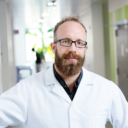
Name: Prof. Peter Loskill, PhD
Peter Loskill is W3-Professor for Organ-on-Chip Research at the Eberhard Karls University Tübingen and the Natural and Medical Sciences Institute (NMI) as well as Chair of the European-Organ-on-Chip-Society (EUROoCS). He graduated in 2012 from Saarland University with a PhD in Physics and thereafter worked as a postdoctoral fellow at UC Berkeley. In 2015, he was named as one of Technology Review’s “Innovators under 35 Germany” and awarded a Fraunhofer ATTRACT starting grant. He now heads the µOrgano-Lab and the 3R Center Tübingen for In vitro Models and Alternatives to Animal Testing. The interdisciplinary µOrgano-Lab (https://www.organ-on-chip.uni-tuebingen.de) combines approaches from engineering, biology, physics and medicine to generate and apply novel microphysiological tissue models recapitulating complex human biology in vitro. The 3R Center Tübingen (https://www.the3rs.uni-tuebingen.de) aims to provide all scientists in Baden-Württemberg with low-threshold access to novel alternative methods to animal testing.
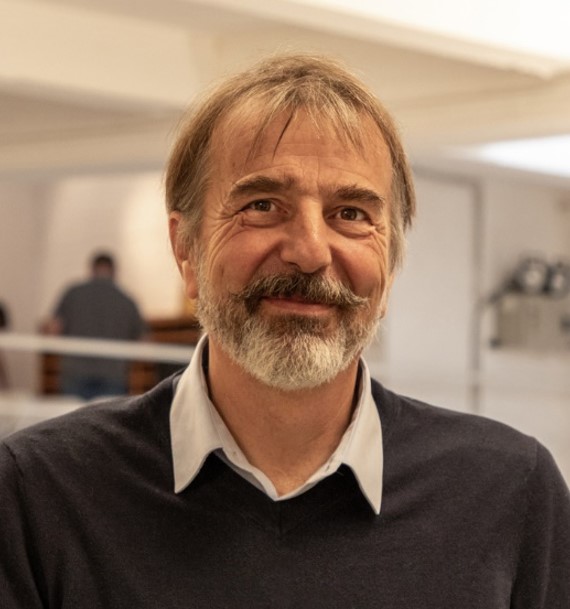
Name: Christian Pellevoisin, PhD, ERT
Christian Pellevoisin is a toxicologist and scientific director at Mattek. During his career, he has been involved in numerous projects that have led to the introduction of new reconstructed human tissue models and in vitro methods for evaluating the safety and efficacy of products in different industries, including cosmetics, medical devices and drugs. As chairman of the French AFNOR commission for biocompatibility of medical devices and convenor of working group 8 of the ISO technical committee 194, he participated in and conducted projects that led to the publication of ISO standards 10993-23 for irritation and 10993-10 for skin sensitization. Strongly committed to the recognition of alternative methods to animal experimentation, he is involved in several university courses and organizes practical training for the implementation of validated methods based on the use of reconstructed human tissues.
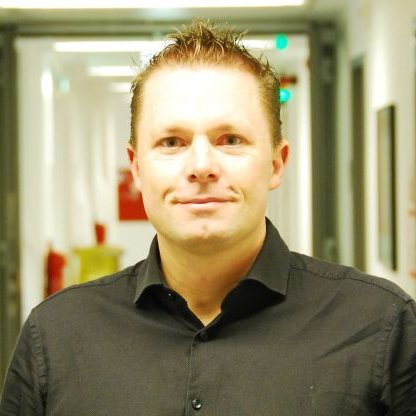
Name: Dr Michael Rothe
Michael Rothe is a lead scientist at the Hannover Medical School’s Institute of Experimental Hematology in Hannover, Germany. He is a biologist by training and focuses on the safety assessment of retroviral vectors that are used in gene therapy. Many inherited diseases can be treated with gene modification of hematopoietic stem cells, but in early clinical trials, several patients suffered from retroviral vector-induced leukemia. The risk for malignant mutagenesis due to gene insertion can be addressed by viral integration site analysis in animal models, but the predictive value of these studies is limited and the burden to the animal is not justified when an alternative exists. The In Vitro IMmortalization assay (IVIM), developed at the Hannover Medical School (MHH) in 2006, is a powerful in vitro test and has become a de facto gold standard assay for retroviral vector safety analysis and is considered a crucial element of an investigational new drug or clinical trial application by regulatory agencies (EMA, FDA, TGA, Health Canada). IVIM still has limitations associated with the use of myeloid cytokines and sensitivity. To overcome these limitations, Dr. Rothe and his team has developed the Surrogate Assay for Genotoxicity Assessment (SAGA). SAGA determines the risk of vector mutagenicity based on machine learning techniques applied to gene expression data. Currently, Dr. Rothe is working on an all-in-one safety test that detects insertional mutants, also from the lymphoid lineage. This work is conducted within the framework of the R2N (https://r2n.eu/ – Replace and Reduce in Lower Saxony, Germany), a consortium devoted to developing alternative methods to replace and reduce animal models in biomedical research.

Name: Prof. Andreas Kortenkamp
Andreas Kortenkamp is a full professor for human toxicology at the Institute of Environment, Health and Societies, Brunel University London, with strong research interests in assessing the combined effects of multiple chemicals on endocrine diseases. His research interest falls into three broad areas: understanding the combined effects of mixtures of environmental pollutants on human health and wildlife, developing strategies for handling mixtures in chemicals regulation, and dissecting the events important in hormonal carcinogenesis.
1983: Degree in Chemistry, Philosophy and Educational Sciences from University of Muenster, Germany 1989: PhD (with distinction) from Bremen University, Bremen, Germany 1990-1991: Post-doctoral Fellow at Queen Mary London, University of London. 1991-2000: Lecturer in Environmental Toxicology, School of Pharmacy, University of London, London. 2000-2005: Senior Lecturer, School of Pharmacy, University of London, London. 2005-2007: Reader and Head of Centre for Toxicology, School of Pharmacy, University of London, London. 2007-2011: Professor for Molecular Toxicology, Head of Centre for Toxicology, School of Pharmacy, University of London, London. 2011-present: Professor in the Institute for the Environment, Brunel University.

Name: Prof. Olivier Taboureau
Olivier Taboureau is a Professor at Université Paris Cité, Faculty of Science, SDV department, Sciences du Vivant conducting research at the BFA laboratory, Unité de Biologie Fonctionnelle et Adaptative, CNRS UMR 8251. The BFA unit conducts research in Integrative Biology. Research topics in BFA try to understand the biological mechanisms underlying human adaptation to environmental and/or internal perturbations (endocrine, metabolic or genetic inputs) in physiological or pathophysiological contexts.
